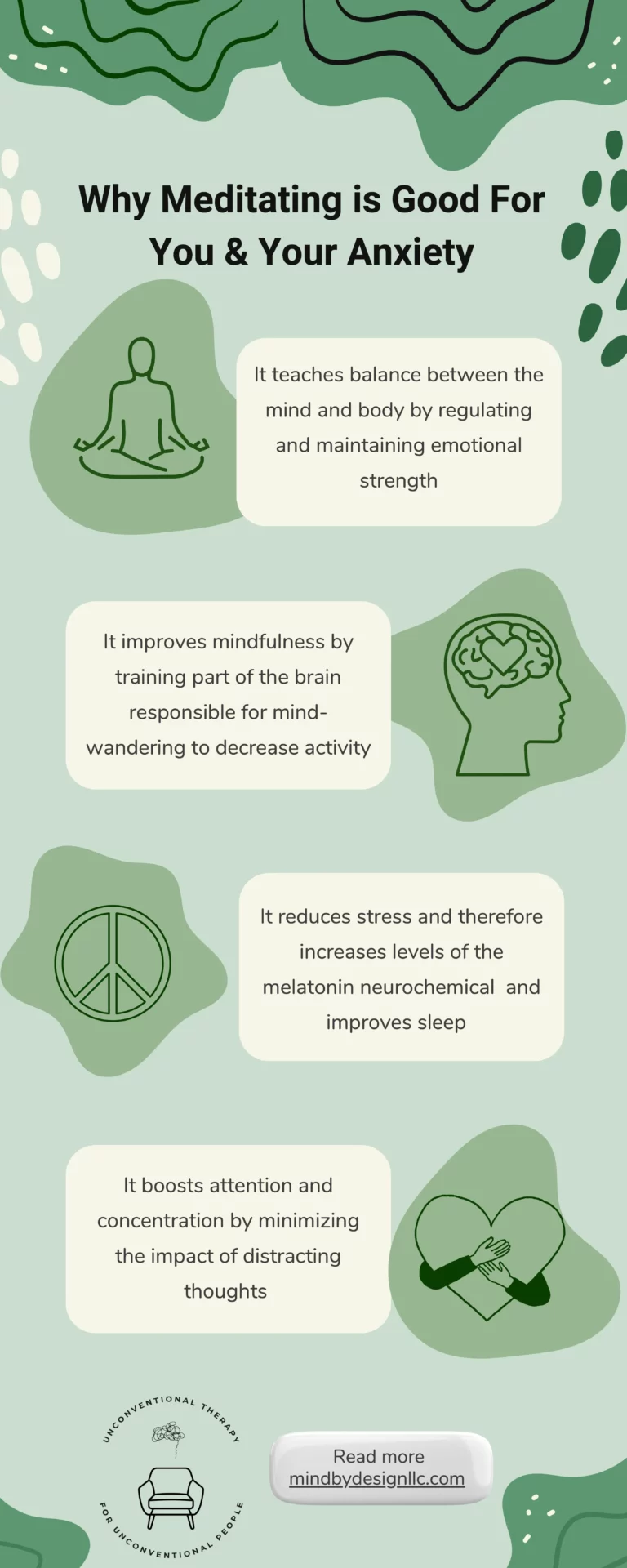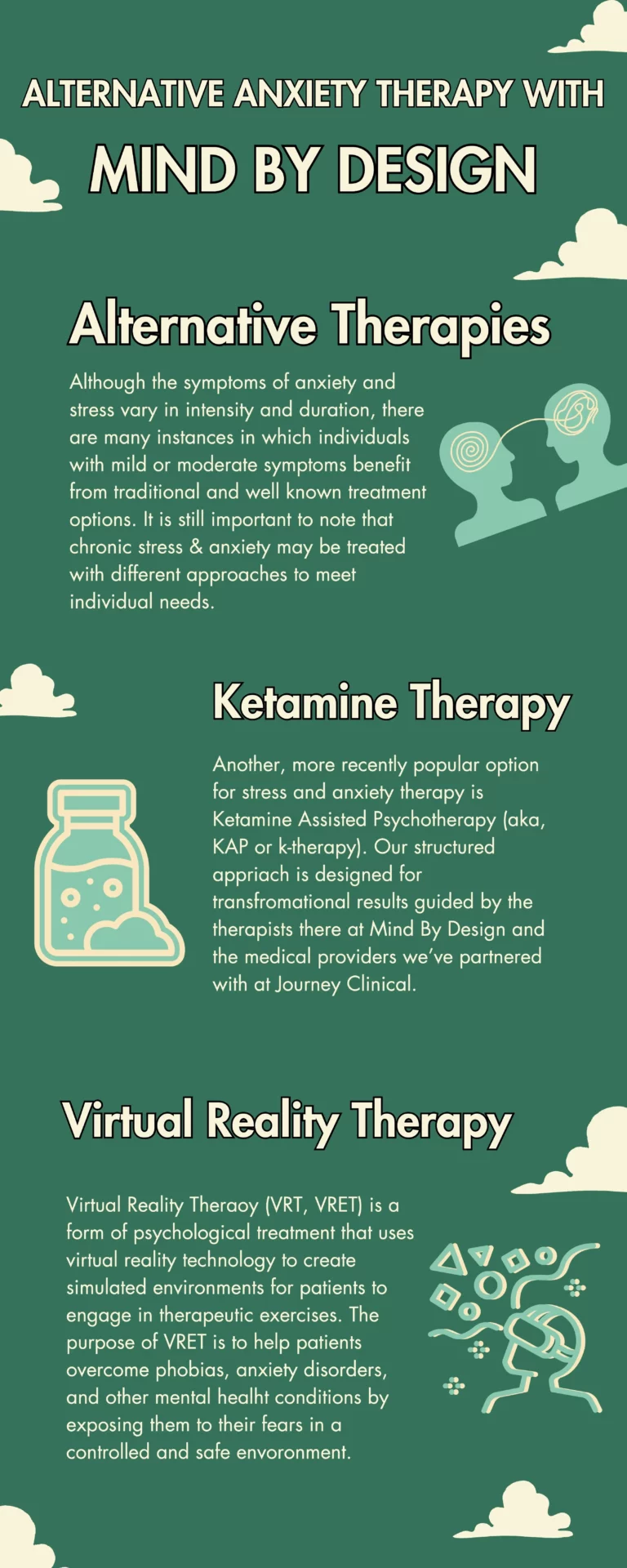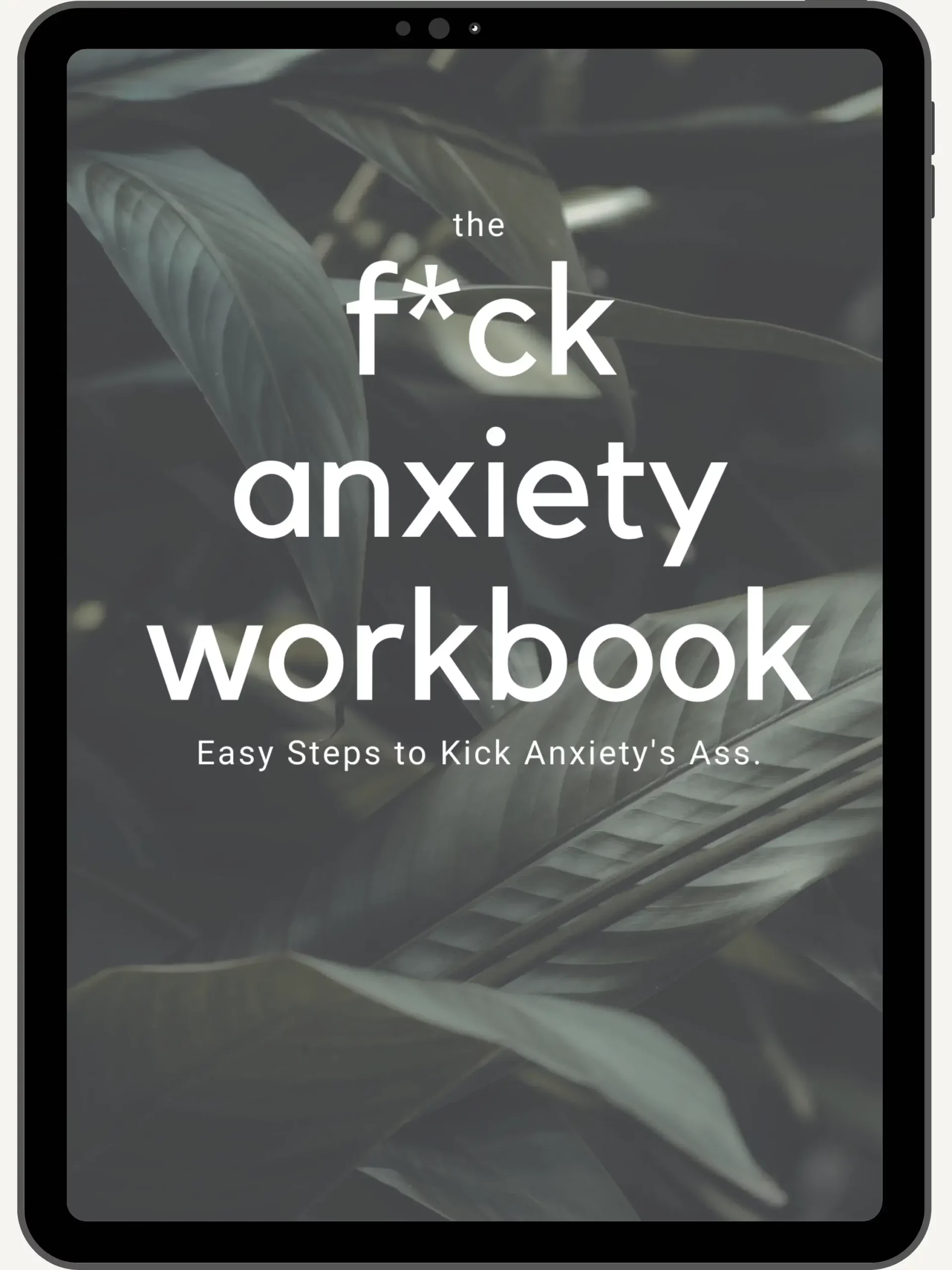Our Top Skills to Overcome Social Anxiety at Work or School
Leave Your Info
meet our team of therapists
what we treat...
It’s possible (and probable) that you can overcome social anxiety through the right support, guidance and education. Anxiety, and in particual, social anxiety is one of the most common reasons clients come to therapy. The good thing is, there are lots of different ways to approach treatment to ensure that you have the skills and confidence to overcome social anxiety.
Social Anxiety's Impact on Work & School
In the workplace or educational settings, social anxiety can be particularly challenging. It may manifest as a reluctance to speak up in meetings or class, difficulty in forming relationships with colleagues or classmates, and a tendency to avoid social events. This avoidance can hinder professional development, academic success, and the building of vital networks.
Social anxiety goes beyond typical shyness; it is characterized by an intense fear of being judged or negatively evaluated by others. Individuals with social anxiety might experience a range of symptoms, from physical signs like sweating and trembling to psychological distress, such as persistent worry about upcoming social events.
Signs & Symptoms
Recognizing the signs of social anxiety is the first step towards managing it. Symptoms often include intense nervousness or fear in social situations, avoidance of social gatherings, physical symptoms like blushing, sweating, trembling, and a rapid heartbeat, and excessive worry about social interactions. These symptoms can be so overwhelming that they interfere with work, school, and personal relationships.

Social Anxiety at work
The workplace can be a challenging environment for individuals with social anxiety, impacting their performance and career progression.
Challenges Faced by Employees
Employees with social anxiety might struggle with various aspects of the workplace, such as participating in meetings, networking, or even engaging in casual conversations with colleagues. This can limit their opportunities for professional growth and may lead to feelings of isolation.
Navigating Corporate Culture
The culture of an organization can significantly impact employees with social anxiety. A supportive and inclusive workplace can help alleviate the symptoms, while a competitive or judgmental environment might exacerbate them. It’s crucial for employees to find a work culture that acknowledges and accommodates their needs.
Strategies for overcoming social anxiety during Meetings
For many with social anxiety, meetings can be particularly stressful. Strategies to cope include preparing ahead of time, focusing on the content rather than the audience, and practicing relaxation techniques. It’s also helpful to set small, achievable goals, like speaking at least once during a meeting.
Social Anxiety at school
Unique Challenges for Students
Students with social anxiety might struggle with classroom participation, group projects, and public speaking. This can affect their academic performance and social development, often leading to a sense of isolation from their peers.
Overcome Social Anxiety even during presentations & Group Work
Group projects and presentations are particularly challenging for students with social anxiety. Strategies to manage this include breaking tasks into smaller steps, practicing in a safe environment, and seeking support from teachers or peers.
Building Supportive Relationships in School
Developing supportive relationships with teachers and classmates can significantly help students with social anxiety. Open communication about their challenges and seeking understanding can foster a more supportive learning environment.
Be Free From Social Anxiety *Anywhere*
- Effective Communication Techniques: Improving communication skills is key to managing social anxiety in both work and school settings. Effective communication involves both verbal and non-verbal skills. For individuals with social anxiety, practicing these skills can help reduce anxiety in social situations. This includes working on clear articulation, maintaining eye contact, and using appropriate body language.
- Assertiveness Training: Assertiveness training can empower individuals with social anxiety to express their thoughts and feelings more confidently and effectively. It involves learning to communicate one’s needs and boundaries clearly and respectfully.
- Listening and Empathy: Developing active listening skills and empathy can also help in overcoming social anxiety. By focusing on understanding others’ perspectives, individuals can feel more connected and less self-conscious in social interactions
- Behavioral and Cognitive Strategies: Cognitive-behavioral techniques are widely used in managing social anxiety, offering practical ways to alter negative thought patterns and behaviors.
- Cognitive Behavioral Therapy (CBT) Approaches: CBT is a highly effective treatment for social anxiety. It involves identifying and challenging negative thoughts, beliefs, and attitudes that contribute to anxiety, and gradually replacing them with more realistic and positive ones.
- Exposure Therapy Techniques: Exposure therapy is another effective approach, where individuals are gradually exposed to the social situations they fear, in a controlled and supportive environment. This helps them build tolerance and reduce anxiety over time.
- Mindfulness and Relaxation Practices: Mindfulness and relaxation techniques, such as deep breathing, meditation, and yoga, can help individuals manage the physical symptoms of anxiety. These practices encourage a focus on the present moment, helping to reduce overwhelming anxiety about future social interactions.
Self-Help Strategies for Social Anxiety - Self-Care and Lifestyle Changes: Incorporating self-care routines and making lifestyle changes can help in reducing anxiety. This includes regular exercise, a balanced diet, adequate sleep, and avoiding excessive caffeine and alcohol.
- Building Confidence and Self-Esteem: Building confidence and self-esteem is essential in overcoming social anxiety. This can be achieved through positive self-talk, setting realistic goals, and celebrating small achievements.
- Developing a Personal Coping Strategy: Developing a personal coping strategy involves identifying triggers, practicing relaxation techniques, and having a plan for managing anxiety in challenging situations. This empowers individuals to feel more in control and less overwhelmed by their anxiety.
- Seeking Professional Help: Professional help can be invaluable in overcoming social anxiety, providing tailored strategies and support. Knowing when to seek professional help is crucial. If social anxiety is significantly impacting your life, causing distress, or hindering your ability to function in everyday situations, it’s time to seek help from a mental health professional.
In a Nutshell
In conclusion, overcoming social anxiety at work or school is a journey that requires patience, self-compassion, and a willingness to face one’s fears. The strategies and insights discussed in this article provide a roadmap for individuals struggling with social anxiety to navigate their daily challenges more effectively. Whether it’s through understanding the root causes, adopting effective communication techniques, engaging in cognitive and behavioral strategies, or seeking professional help, there are numerous ways to manage and reduce the impact of social anxiety.
Remember, social anxiety does not define you. It’s a part of your experience, but with the right tools and support, it can be overcome. Every small step towards confronting your fears is a victory in itself. Embrace the journey of personal growth and remember that you are not alone in this. With perseverance and resilience, you can thrive in both professional and academic environments, and lead a fulfilling life beyond the constraints of social anxiety.







